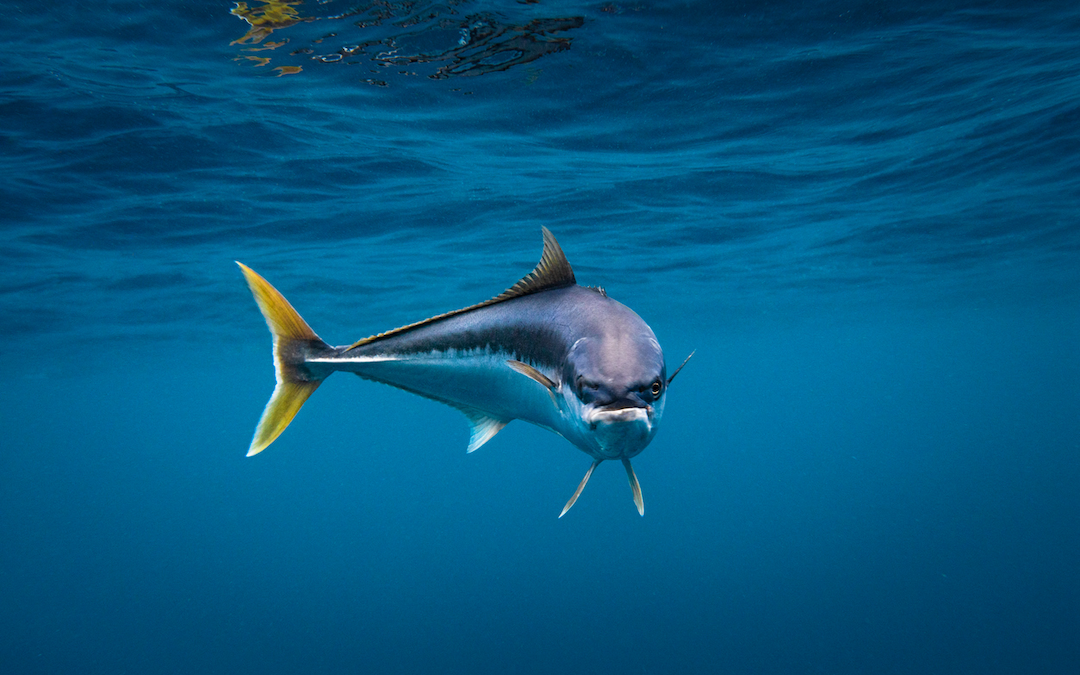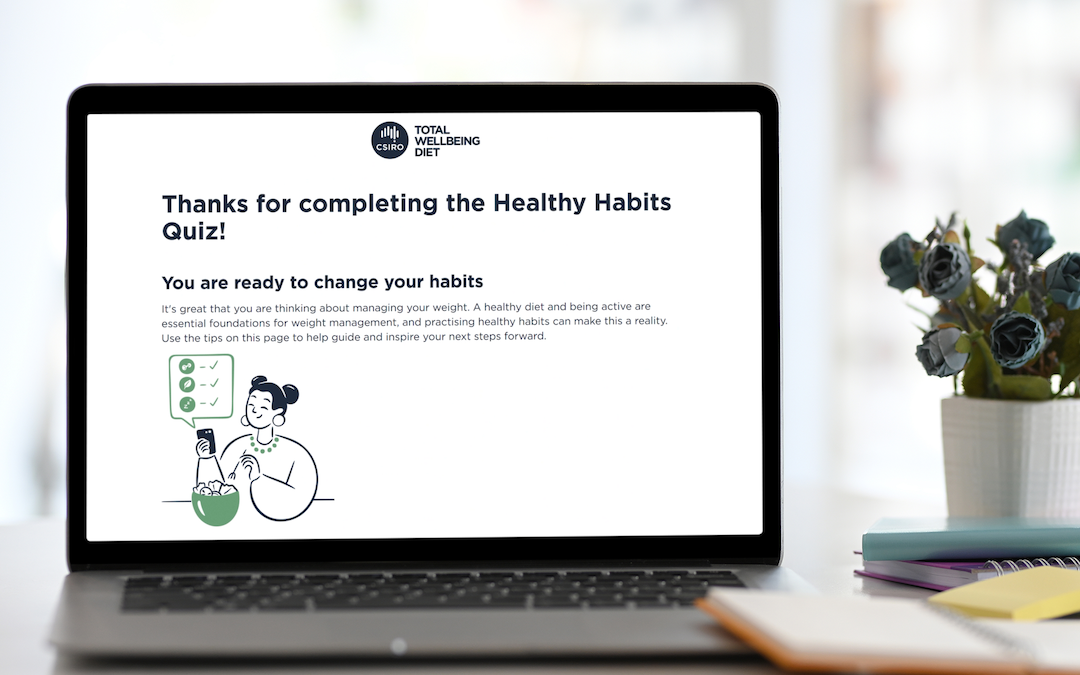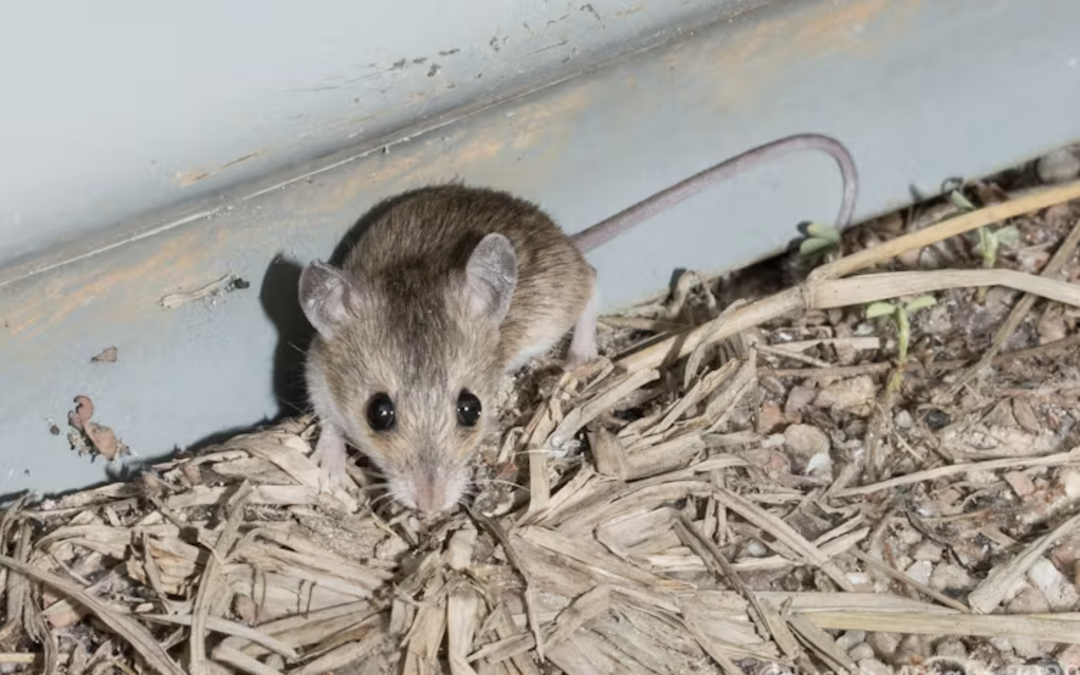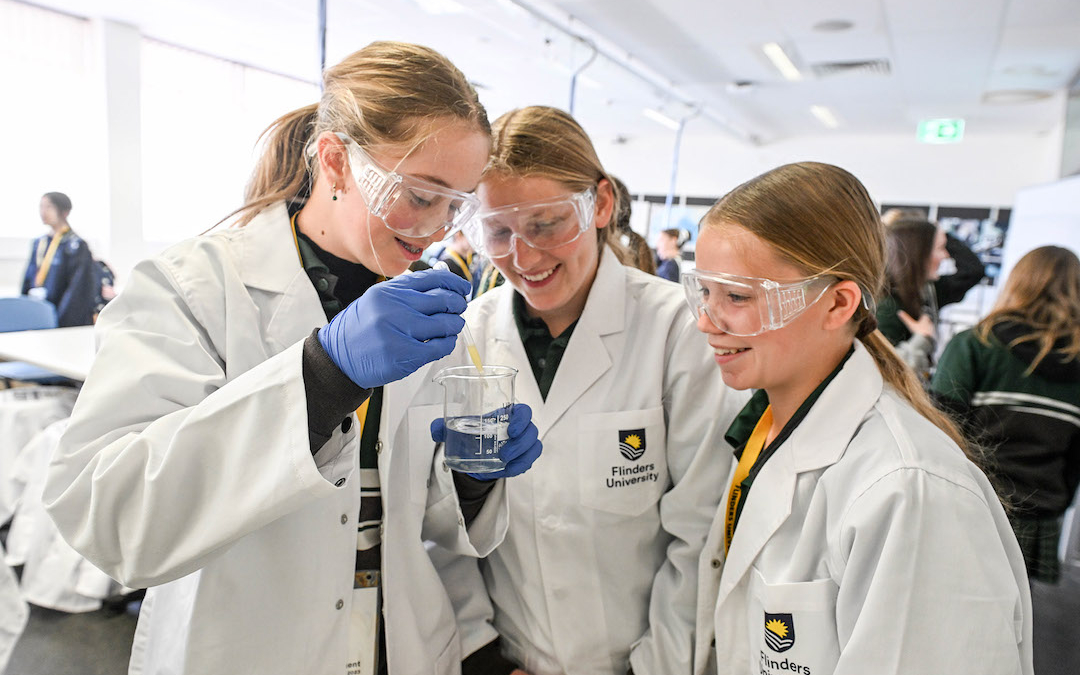
by Esha Walia | Sep 25, 2024 | Agriculture, Environment, Science
According to a recent news release by Flinders University, due to increasing fish oil costs, Australian aquaculture operators are seeking more sustainable ways to feed yellowtail kingfish in order to enable more commercial production of the species. Thanks to the new...

by Esha Walia | Sep 4, 2024 | Business, Science, Technology
The Healthy Habits Quiz is backed by psychology and behavioural science, addressing not just what people eat, but why they eat it, according to CSIRO Research Scientist Dr Naomi Kakoschke. National science agency CSIRO launched a new tool this month called the Healthy...

by Matilda Meikle | Aug 22, 2024 | Science, Technology
A new wearable sensor will help experts to track the impact of artificial light on our bodies’ sleeping patterns. Developed by Monash University, the world’s first wearable device will record how artificial light can influence sleep, mental wellbeing and health...

by Editorial | Jul 25, 2024 | Science
In a study led by the Australian National University (ANU) and published in the Molecular Ecology journal, two new species of mice were identified in different regions of Australia. Not your average house mouse According to the study, native rodents have...

by Matilda Meikle | Jul 25, 2024 | Science
A new scholarship will provide almost 300 Year 9 girls in regional and remote locations with hands-on science, technology, engineering and maths training. For the first time, students from the NT and regional SA will be brought to Adelaide as part of the Flinders...

by Leeza Meyer | Jul 15, 2024 | Environment, Science
As 24 new infrastructure projects are scheduled for 2025, light pollution from Sydney remains a significant issue. Light pollution affects more than 80 per cent of the world’s population due to excessive use of artificial light sources at night – and Sydney is...







